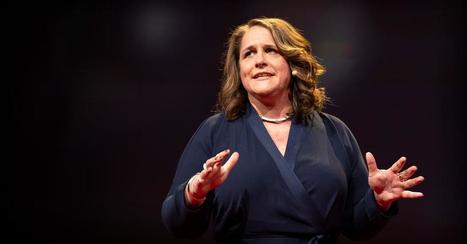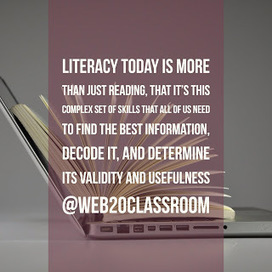How can we stop the spread of misleading, sometimes dangerous content while maintaining an internet with freedom of expression at its core? Misinformation expert Claire Wardle explores the new challenges of our polluted online environment and maps out a plan to transform the internet into a place of trust -- with the help everyday users. "Together, let's rebuild our information commons," she says.
Research and publish the best content.
Get Started for FREE
Sign up with Facebook Sign up with X
I don't have a Facebook or a X account
Already have an account: Login
Professional learning in a glance (or two)!
Curated by
John Evans
 Your new post is loading... Your new post is loading...
 Your new post is loading... Your new post is loading...
|
|












I believe one way to help stem the spread of misinformation is to educate our students by embedding the topics of media literacy and digital citizenship throughout all curriculum areas. Thoughts? JE